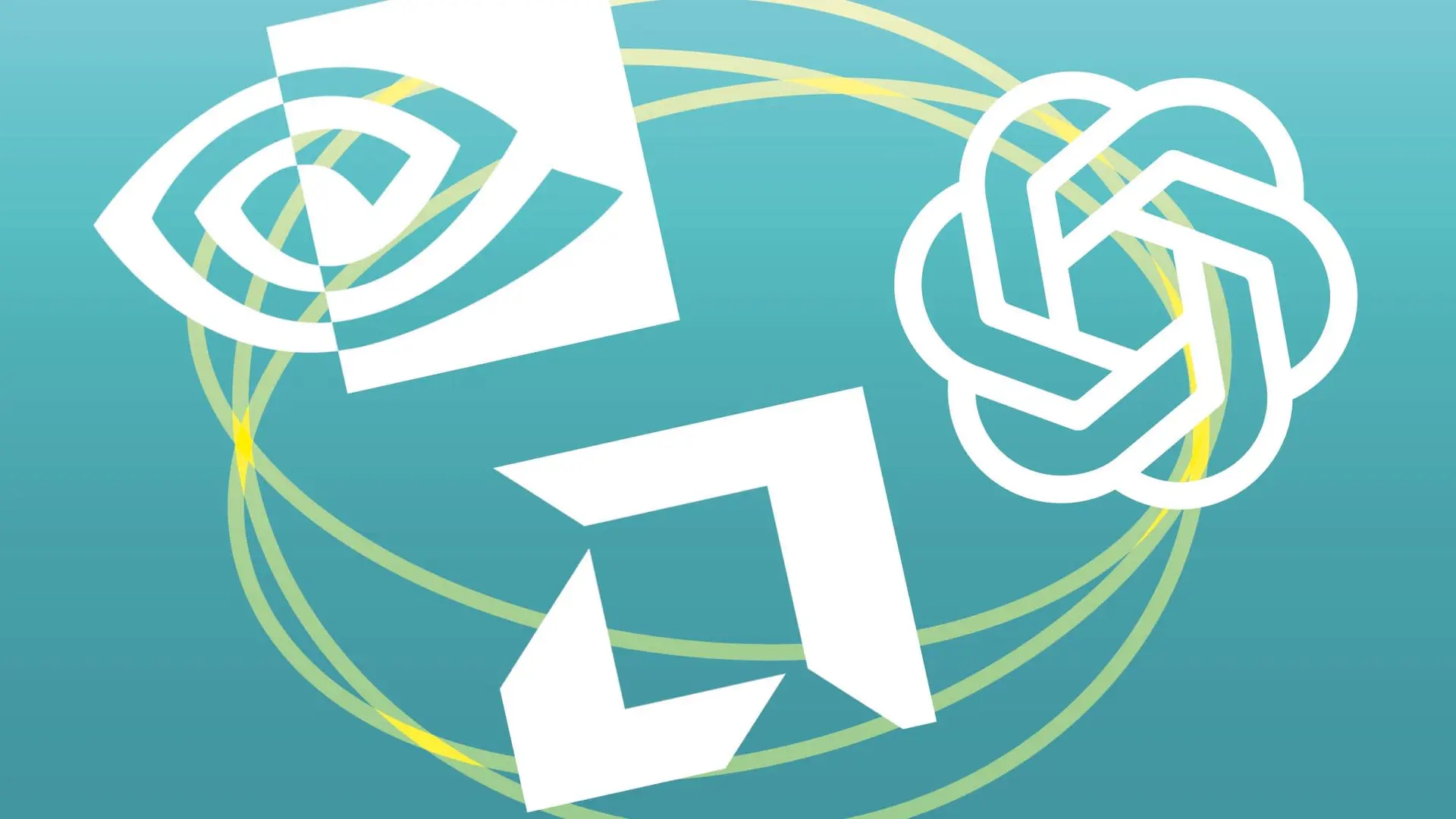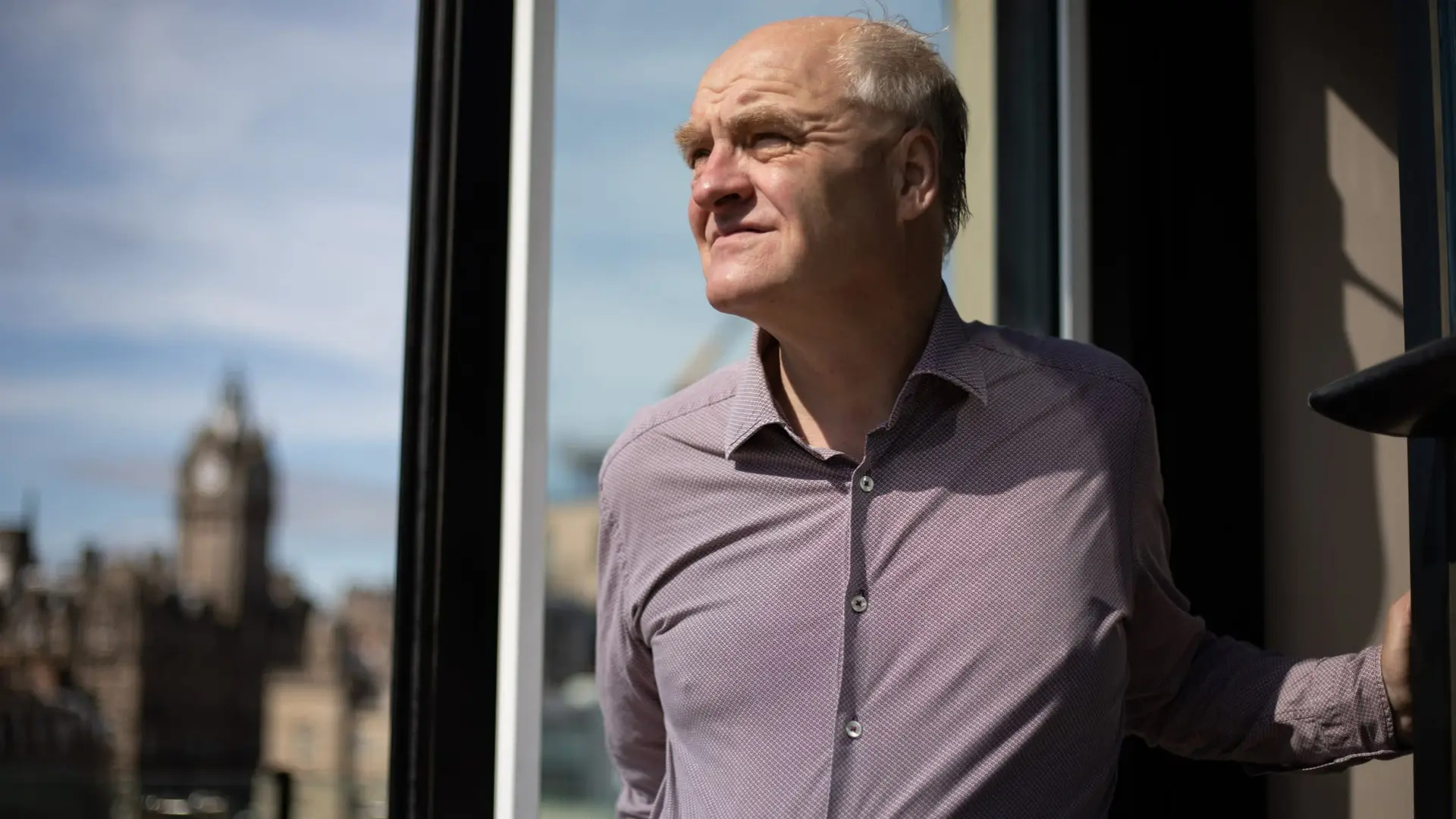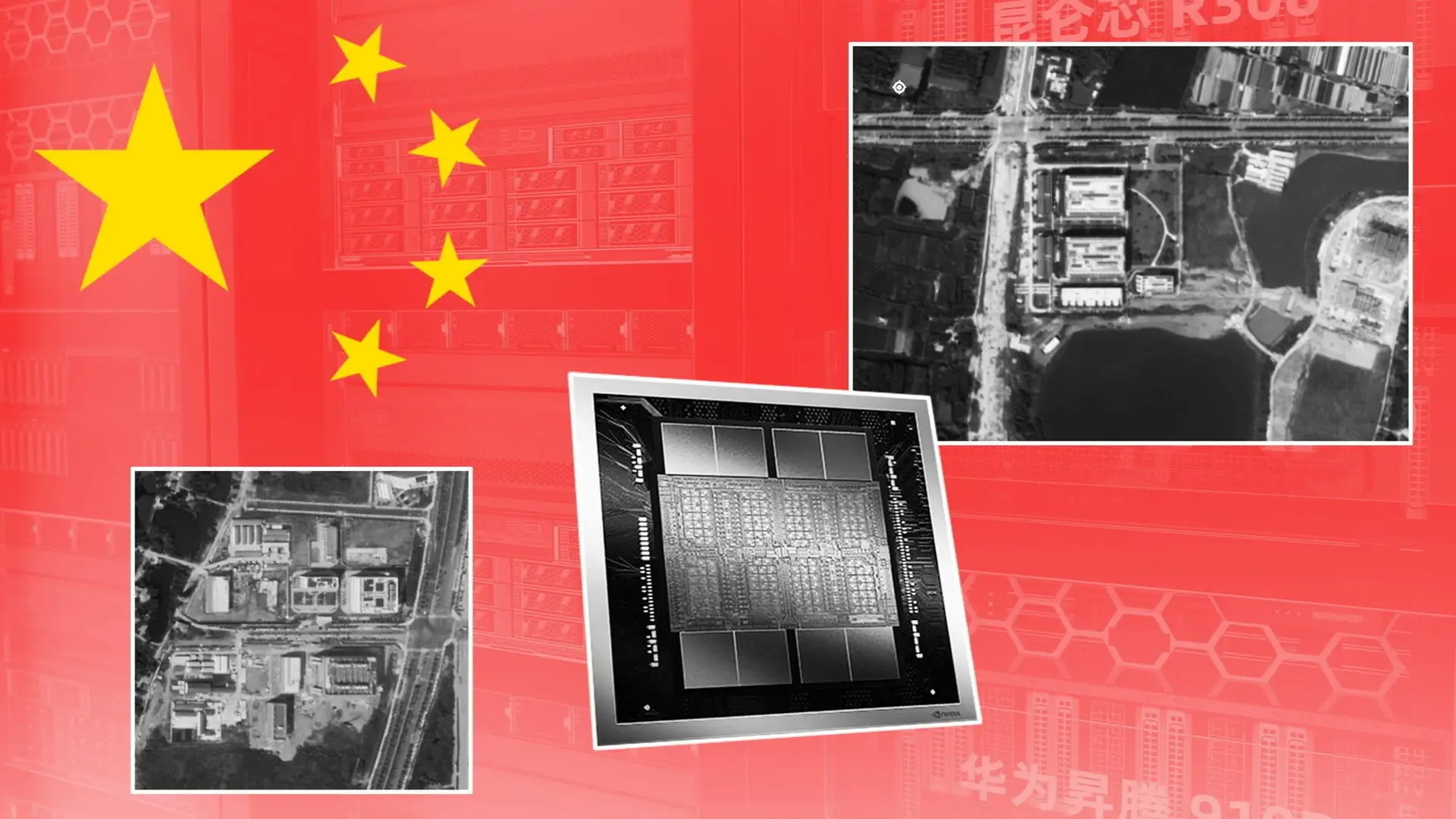OpenAI's ownership is distributed among several key players, including Microsoft, its non-profit arm, employees, and various investors. Microsoft holds a significant stake, estimated at 28% and valued at $140 billion. The non-profit entity maintains a 27% stake, ensuring the company's original mission of prioritising safety and public benefit remains influential. OpenAI employees collectively own 25%, incentivising top AI talent. Other investors, including those from the 2025 fundraise, hold 13%, while earlier investors and IO shareholders possess smaller stakes.
Recent strategic partnerships, such as the one with Nvidia, further complicate the ownership landscape. Nvidia intends to invest up to $100 billion in OpenAI to support the deployment of at least 10 gigawatts of Nvidia systems for OpenAI's next-generation AI infrastructure. This investment is linked to OpenAI's commitment to purchase Nvidia chips for its data centres. Similarly, OpenAI has partnered with AMD, with plans to use AMD chips in its data centres and potentially acquire a 10% stake in AMD. These deals have raised concerns about circular financing and the sustainability of AI investments.
OpenAI's complex structure, featuring a non-profit parent and a capped-profit subsidiary, reflects its efforts to balance its mission with the need for substantial capital. The company's transition towards becoming a Public Benefit Corporation (PBC) further underscores this commitment. However, the increasing scale of investments and partnerships has drawn scrutiny, with some questioning whether exuberance in the AI market has become excessive.
Related Articles

OpenAI's Trillion-Dollar Compute Expansion
Read more about OpenAI's Trillion-Dollar Compute Expansion →
Nvidia's OpenAI Bet Questioned
Read more about Nvidia's OpenAI Bet Questioned →
AI Deals Need Oversight
Read more about AI Deals Need Oversight →
China's AI Data Centre Push
Read more about China's AI Data Centre Push →
